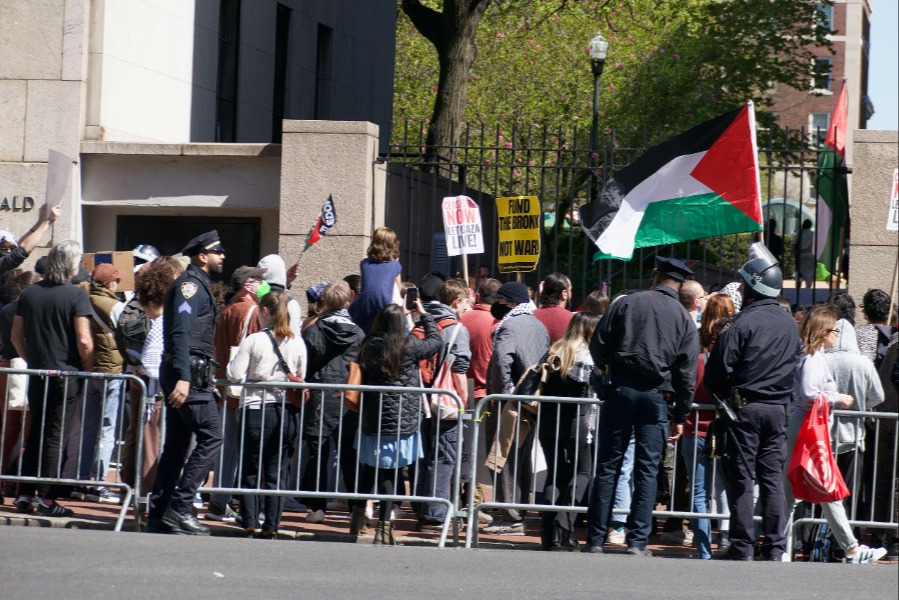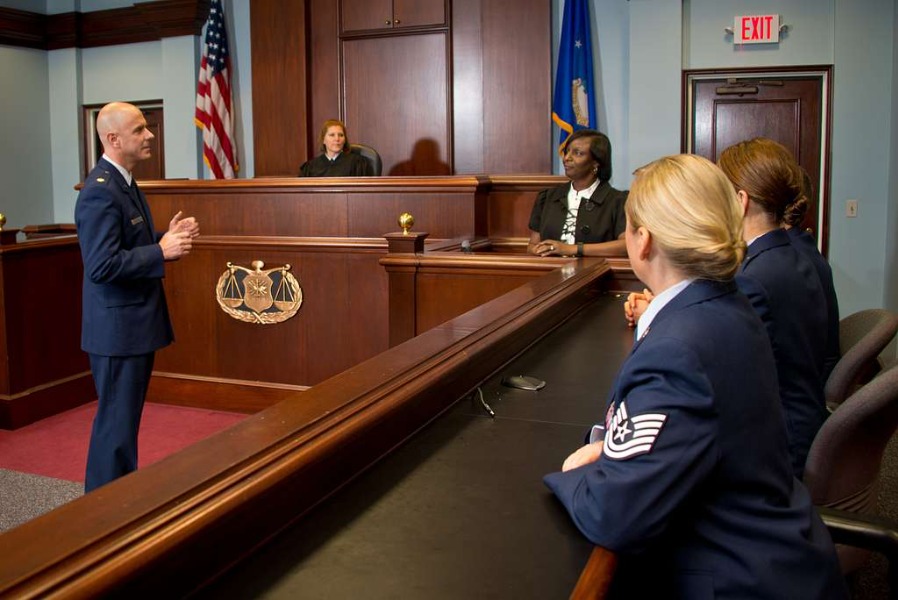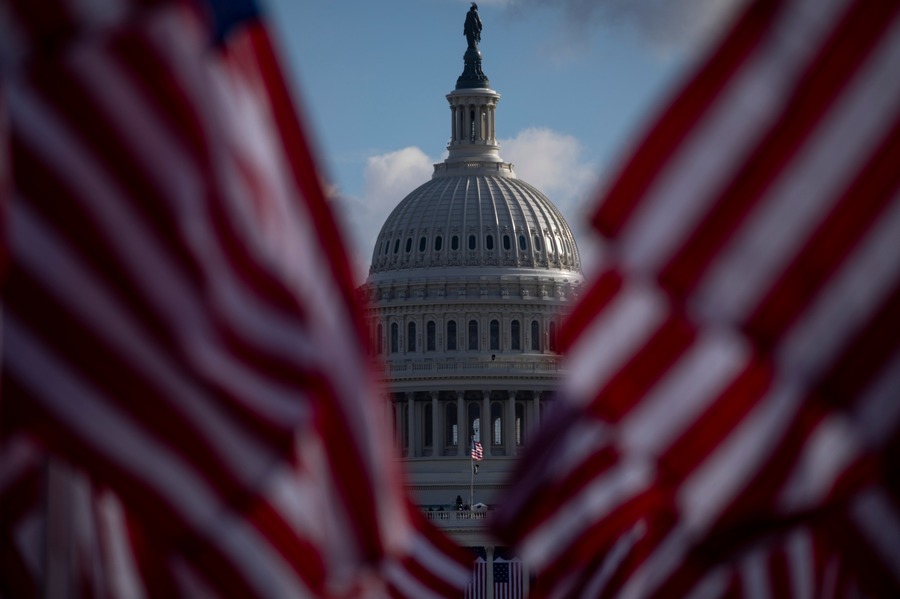New AUMF for Africa?
Just after the election, I wrote:
As we have often discussed on this blog, and as Bobby has best documented, terrorist organizations that threaten the United States are increasingly difficult to fit under the AUMF rubric. This raises the question whether the President needs renewed and expanded AUMF authority, and what that authority might look like. I expect the Obama administration is of two minds about this. On the one hand it is increasingly bumping up against the limits of the AUMF and coming to the
Published by The Lawfare Institute
in Cooperation With

Just after the election, I wrote:
As we have often discussed on this blog, and as Bobby has best documented, terrorist organizations that threaten the United States are increasingly difficult to fit under the AUMF rubric. This raises the question whether the President needs renewed and expanded AUMF authority, and what that authority might look like. I expect the Obama administration is of two minds about this. On the one hand it is increasingly bumping up against the limits of the AUMF and coming to the point where it will need to rely on less certain (and legally less attractive) Article II authorities to keep the country safe. On the other hand it does not want the legacy of seeking and signing a new AUMF that puts the “war on terror” on a broader and more permanent foundation.It appears that the problem of extra-AUMF threats is emerging most urgently in connection with the Libyan afterparty in Northern Africa. Yesterday Julian Barnes and Evan Perez of the WSJ reported (behind paywall) that the Obama administration is considering an AUMF of sorts for Northern Africa:
Military counterterrorism officials are seeking more capability to pursue extremist groups in Africa and elsewhere that they believe threaten the U.S., and the Obama administration is considering asking Congress to approve expanded authority to do it. The move, according to administration and congressional officials, would be aimed at allowing U.S. military operations in Mali, Nigeria, Libya and possibly other countries where militants have loose or nonexistent ties to al Qaeda's Pakistan headquarters. Depending on the request, congressional authorization could cover the use of armed drones and special operations teams across a region larger than Iraq and Afghanistan combined, the officials said.The story emphasizes that the issue of a new AUMF is still being debated within the administration, and that part of the debate is about whether the 2001 AUMF extends to the Islamist terrorist threat in Northern Africa. The story quotes Bobby: “The uncertainties that have long surrounded the organizational boundaries of al Qaeda are growing more significant," said Mr. Chesney. "We don't have agreement regarding the litmus test showing when a given group has become sufficiently linked to al Qaeda so as to come within the scope of the authorization for the use of military force.” It also quotes Christopher Anders of the ACLU on the possibility of a new AUMF: “This is the kind of thing that Americans could end up regretting; we could end up in another decadelong war if this crazy idea isn't stopped.” UPDATE: The story also says, without noting its source:
The Central Intelligence Agency, meanwhile, has carried out a lengthy campaign of armed drone strikes in Pakistan outside of the 2001 congressional measure. Instead, the CIA's efforts are authorized by the president, who under law can order the CIA into action without congressional legislation.This appears to suggest that CIA strikes in Pakistan have been justified under Article II, not the AUMF. Even if that were true (which would be news to me), the last sentence is probably misleading to the point of wrong. Any such CIA efforts -- whether authorized by Congress in the AUMF or by the President's Article II self-defense powers -- would also be grounded in and limited by Title 50, which governs covert actions.
Jack Goldsmith is the Learned Hand Professor at Harvard Law School, co-founder of Lawfare, and a Non-Resident Senior Fellow at the American Enterprise Institute. Before coming to Harvard, Professor Goldsmith served as Assistant Attorney General, Office of Legal Counsel from 2003-2004, and Special Counsel to the Department of Defense from 2002-2003.





